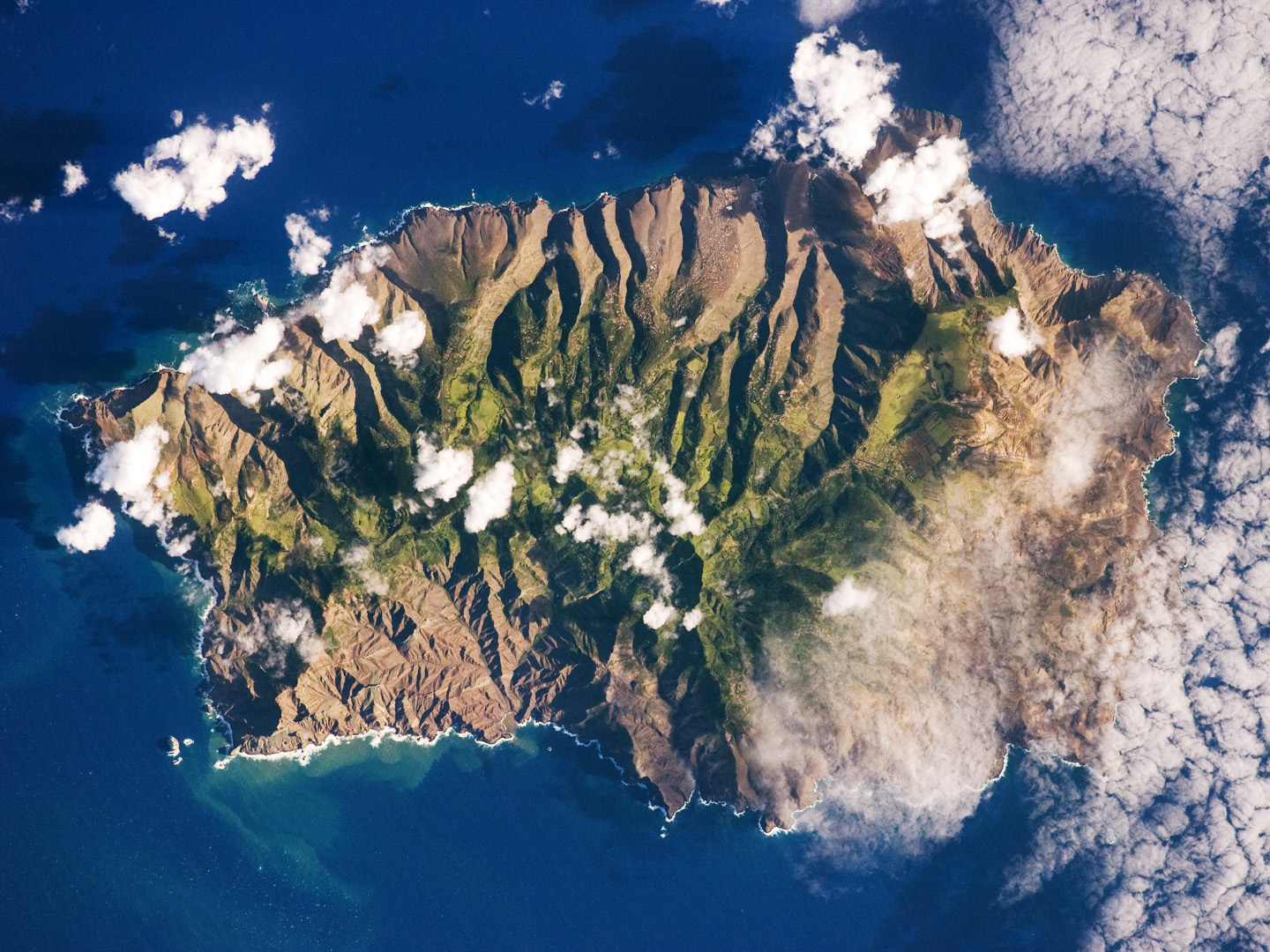British East India Company (1821–1834)
After Napoleon's death, the thousands of temporary visitors were withdrawn and the East India Company resumed full control of Saint Helena. Between 1815 and 1830, the EIC made the packet schooner St Helena available to the government of the island, which made multiple trips per year between the island and the Cape, carrying passengers both ways and supplies of wine and provisions back to the island.
Napoleon praised Saint Helena's coffee during his exile on the island, and the product enjoyed a brief popularity in Paris in the years after his death.
The importation of slaves to Saint Helena was banned in 1792, but the phased emancipation of over 800 resident slaves did not take place until 1827, which was still some six years before the British parliament passed legislation to ban slavery in the colonies.
Between 1791 and 1833, Saint Helena became the site of a series of experiments in conservation, reforestation, and attempts to boost rainfall artificially. This environmental intervention was closely linked to the conceptualisation of the processes of environmental change and helped establish the roots of environmentalism.


